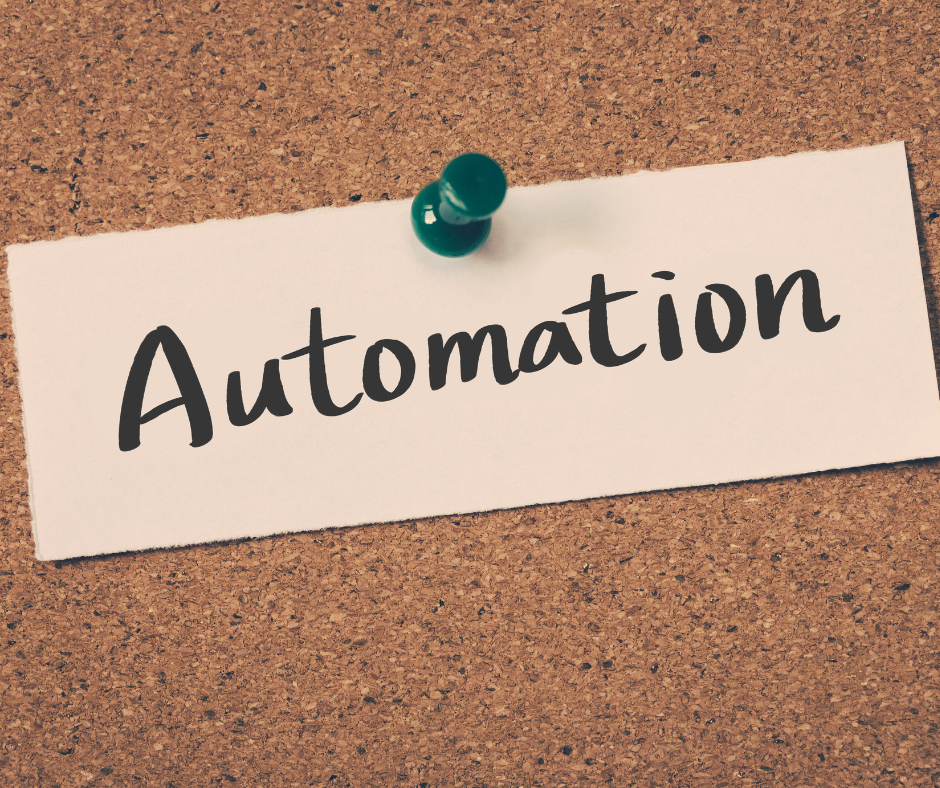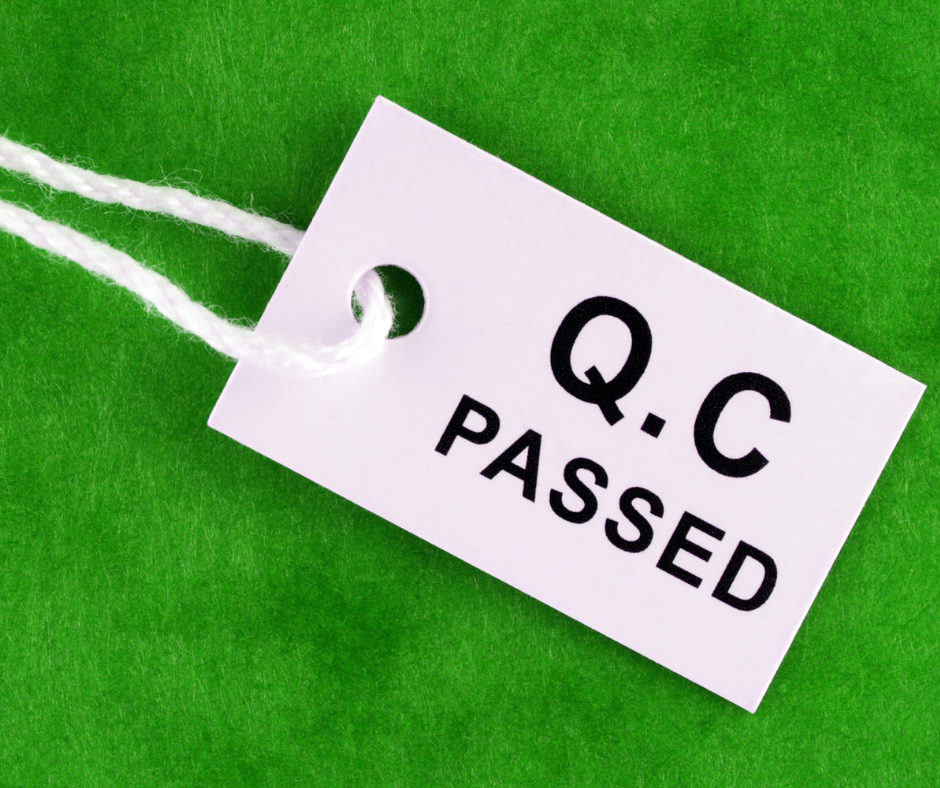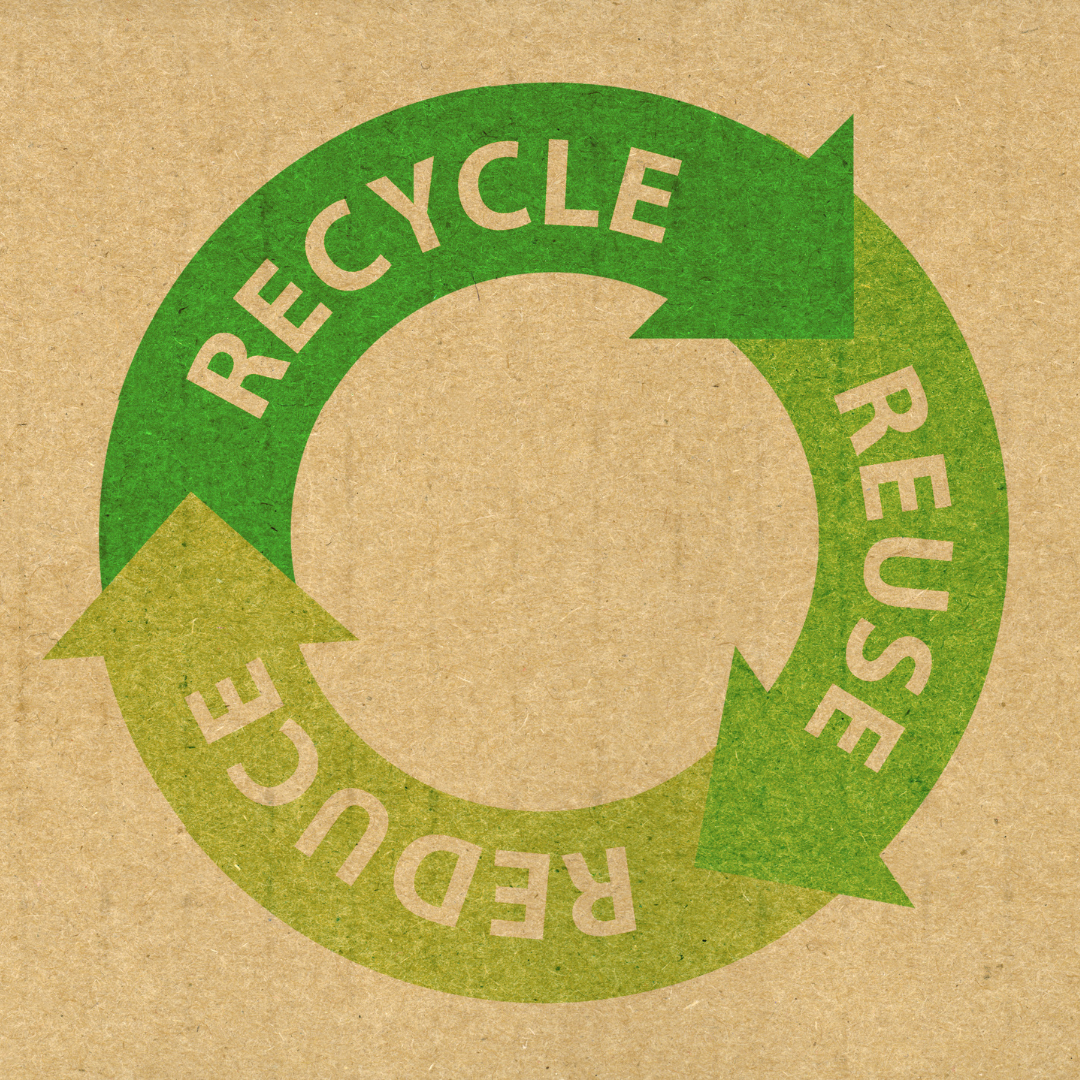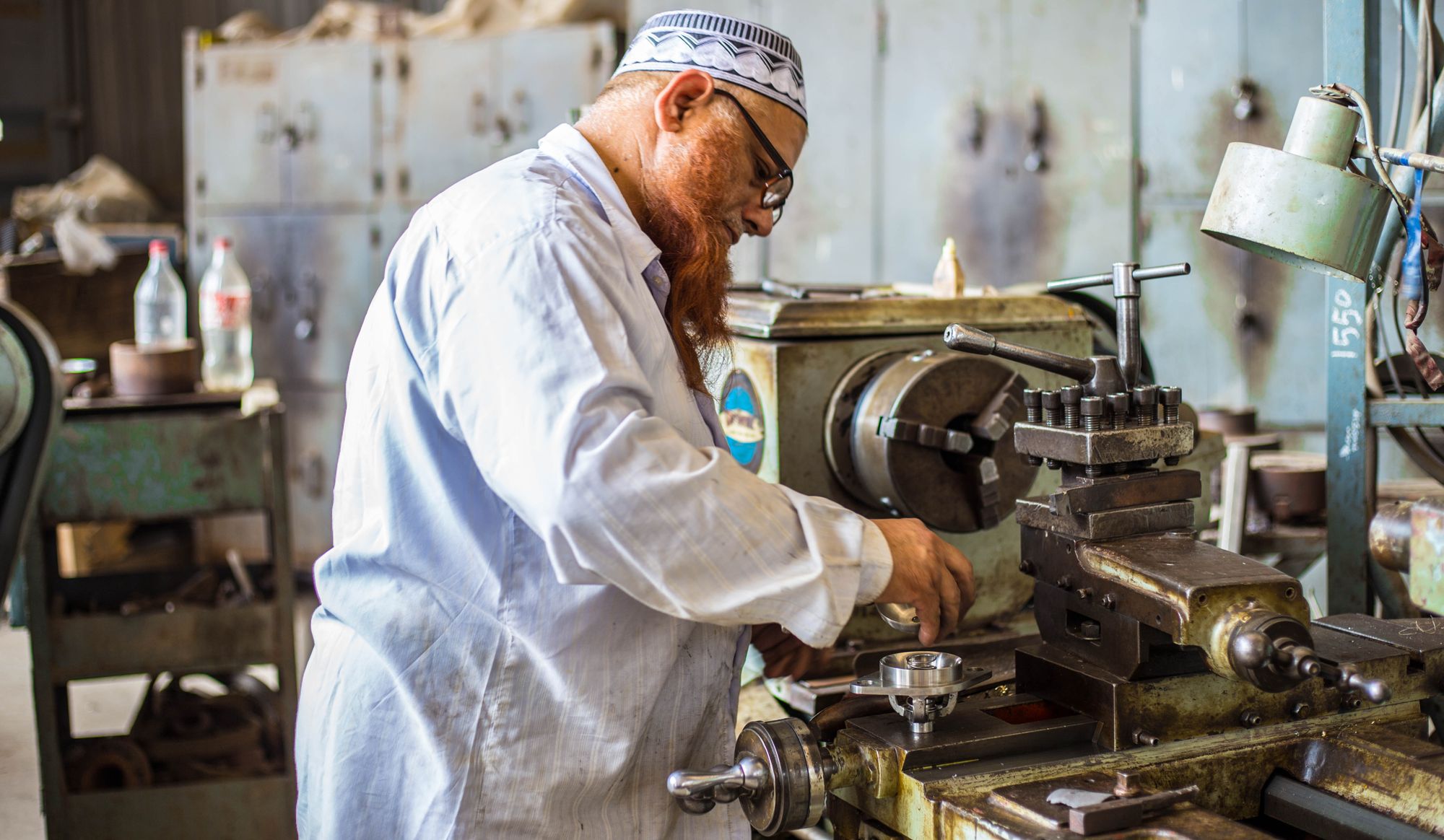As per Grand View Research, the global pest control market is driven by the increasing demand for pest control services from residential and commercial sectors, growing urbanization, and rising concerns regarding health and hygiene.
Additionally, as per MarketsandMarkets, the outsourced pest control services market is expected to reach USD 8.12 billion by 2026, growing at a CAGR of 4.4% from 2020 to 2026.
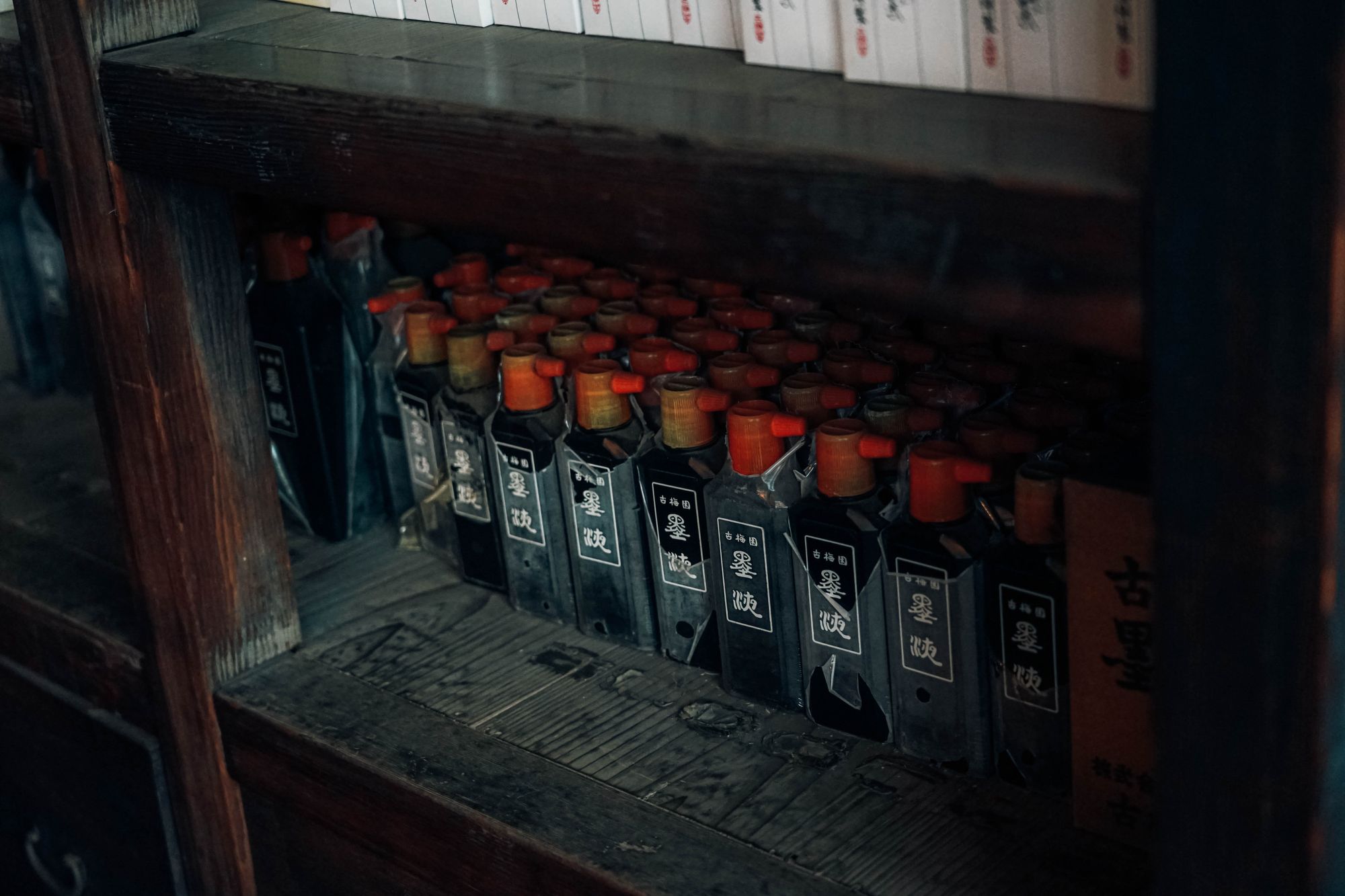
As these two statistics highlight, the demand for pest control is on the rise, and to remain competitive, maximize net revenue, net profit ratio, and return on investment, it has become imperative that you consider outsourcing your pest control chemical production.
This article will be your guide for the same by covering the following topics:
- What is Pest Control Chemical Production?
- What is Outsource Manufacturing?
- What is Outsourcing Pest Control Chemical Production?
- What are the Pros of Outsourcing Pest Control Chemical Production?
- What are the Cons of Outsourcing Pest Control Chemical Production?
- How to Assess if Outsourcing Pest Control Chemical Production is the Right Choice for You?
- How do I Select an External Partner for Outsourcing Pest Control Chemical Production?
- How do I Ensure the Quality of Outsourced Pest Control Chemicals?
- How do I Evaluate the Success of Outsourcing Pest Control Chemical Production?
- FAQs related to Outsourcing Pest Control Chemical Production
- How can Deskera Help You with Outsourcing Pest Control Chemical Production?
- Key Takeaways
- Related Articles
What is Pest Control Chemical Production?
Pest control chemical production refers to the process of manufacturing and producing chemicals that are used to control and eliminate pests in various settings, such as residential, commercial, and agricultural areas. These chemicals, also known as pesticides, are designed to target and eliminate pests, including insects, rodents, and other animals that can cause damage, disease, or discomfort.
Pest control chemical production involves a range of activities, including sourcing raw materials, formulating and blending chemicals, testing and quality control, packaging and labeling, and distribution.
The production process may vary depending on the type of pesticide, the intended use, and the regulatory requirements in different countries. The goal of pest control chemical production is to provide effective and safe solutions to pest problems while minimizing the risks to human health and the environment.
What is Outsource Manufacturing?
Outsourced manufacturing refers to the practice of hiring an external company or partner to produce and manufacture products on behalf of a business.
Instead of investing in and maintaining an in-house manufacturing facility, businesses can outsource the production of their products to specialized companies that have the expertise, equipment, and personnel to manufacture and deliver high-quality products.
The external partner takes care of the entire manufacturing process, from sourcing raw materials to assembling, testing, and packaging the final product, and delivering it to the business.
Outsourcing manufacturing allows businesses to save costs, increase efficiency, access specialized expertise, and focus on their core competencies.
However, outsourcing also comes with risks and challenges, such as loss of control, communication challenges, dependence on external partners, quality issues, intellectual property concerns, regulatory compliance challenges, and ethical concerns, which need to be carefully considered before making a decision.
What is Outsourcing Pest Control Chemical Production?
Outsourcing pest control chemical production refers to the practice of hiring an external company or partner to manufacture and produce pest control chemicals on behalf of a business.
Instead of investing in and maintaining an in-house production facility, businesses can outsource the production of their pest control products to specialized companies that have the expertise, equipment, and personnel to manufacture and deliver high-quality products.
The external partner takes care of the production process, from sourcing raw materials to formulating, blending, and packaging the final product, and delivering it to the business. By outsourcing pest control chemical production, businesses can save costs, increase efficiency, access specialized expertise, and focus on their core competencies.
However, outsourcing also comes with risks and challenges, such as loss of control, intellectual property concerns, regulatory compliance challenges, and ethical concerns, which need to be carefully considered before making a decision.
What are the Pros of Outsourcing Pest Control Chemical Production?
Outsourcing pest control chemical production can offer several benefits, including:
Cost Savings
Outsourcing pest control chemical production can be more cost-effective than building and maintaining an in-house production facility, which requires significant capital investments in equipment, facilities, and personnel. This will also lead to higher returns on investment and improved cash flow.
Quality Control
Outsourcing to a specialized pest control chemical producer can ensure that the products are of high quality and meet regulatory standards. These producers often have state-of-the-art equipment, technology, and trained personnel to ensure consistent quality. This will also help you in keeping your operating costs in check while improving your operational metrics and business metrics.
Access to Expertise
Outsourcing can provide businesses with access to a range of specialized expertise, such as formulation development, analytical chemistry, and regulatory compliance.
This can help ensure that the products are effective, safe, and meet regulatory requirements. It will also help you in decreasing your business expenses, preserve your working capital, and encourage returning customers.
Time Savings
Outsourcing can save businesses significant time, as they do not need to spend time and resources developing and producing pest control chemicals. Instead, they can focus on their core business activities, which will lead to higher revenues and increased customer satisfaction leading to higher customer loyalty.
Scalability
Outsourcing can offer greater scalability, as businesses can adjust their production levels according to demand. This can help businesses to respond quickly to changing market conditions or seasonal demand.
It will also ensure that your business is able to adhere to its demand planning and consequently master production schedule such that your customers’ demands are satisfied, which will lead to higher sales referrals.
Risk Reduction
Outsourcing can help businesses reduce the risks associated with production, such as liability, product recalls, and environmental hazards. Pest control chemical producers often have expertise in these areas and can help businesses comply with relevant regulations and mitigate risks.
This will help in keeping your expenses under control while also ensuring positive brand awareness with improved customer retention.
Innovation
Outsourcing can also bring new ideas and innovation to the production process, as specialized pest control chemical producers often invest in research and development to improve product performance and safety. In fact, continuous innovation is the key to sustainability and, therefore, customer loyalty to your company.
Competitive Advantage
Outsourcing can give businesses a competitive advantage by providing them with high-quality products and expertise that would be difficult to replicate in-house. This can help businesses differentiate themselves in the market and meet the needs of their customers more effectively.
Flexibility
Outsourcing can offer greater flexibility to businesses, as they can adjust their production needs according to their current demand. This can be especially beneficial for businesses with fluctuating demand or those that need to respond quickly to changing market conditions.
This flexibility will also help businesses in dealing with the bullwhip effect in supply chains better while also reducing the expenses associated with safety stock.
Increased Focus on Core Business Activities
By outsourcing pest control chemical production, businesses can focus on their core competencies, such as marketing, sales, and customer service. This can improve overall efficiency and productivity, allowing businesses to grow and expand.
What are the Cons of Outsourcing Pest Control Chemical Production?
While outsourcing pest control chemical production can offer several advantages, there are also some potential drawbacks to consider:
Loss of Control
When outsourcing production, businesses may have less control over the manufacturing process and quality control measures. This can lead to inconsistencies or deviations from the desired product specifications, which can lead to increased manufacturing costs and decreased gross profit margins.
Communication Challenges
Working with an external partner can create communication challenges, such as language barriers, cultural differences, or time zone differences. These challenges can affect the effectiveness and efficiency of the production process and might even increase the manufacturing lead time.
Dependence on External Partners
Outsourcing production can make businesses dependent on external partners for their product supply. This can create risks if the external partner experiences production issues, supply chain disruptions, or other challenges.
Intellectual Property Concerns
Outsourcing production may require sharing confidential information, trade secrets, or intellectual property with external partners. This can create the risk of theft or misappropriation of this sensitive information.
Transportation and Logistics Costs
Outsourcing production may require additional transportation and logistics costs to move the product from the external partner to the business. These costs can add up and affect the overall cost-effectiveness of outsourcing. This can thus affect the health of your financial KPIs as well as financial statements.
Quality Issues
Outsourcing can create quality issues if the external partner does not have the same quality standards or quality control measures as the business. This can lead to product defects, recalls, or other issues that can harm the business's reputation.
Regulatory Compliance Challenges
Outsourcing production can create challenges for regulatory compliance, especially if the external partner is located in a different country with different regulatory requirements.
Ethical Concerns
Outsourcing production to countries with lower labor standards or environmental regulations can create ethical concerns. This can harm the business's reputation and may result in legal or regulatory action.
How to Assess if Outsourcing Pest Control Chemical Production is the Right Choice for You?
Assessing whether outsourcing pest control chemical production is the right choice for a business requires careful consideration of various factors, including the business's goals, resources, capabilities, and risks. Here are some steps that can help a business evaluate whether outsourcing is the right choice:
- Define your business goals: The first step is to clarify what the business wants to achieve by outsourcing pest control chemical production. This may include reducing costs, increasing efficiency, accessing specialized expertise, or focusing on core competencies.
- Evaluate your internal resources and capabilities: It is important to assess the business's internal resources and capabilities, such as the availability of skilled personnel, equipment, and technology. This can help determine whether outsourcing can provide a competitive advantage or address resource gaps.
- Identify potential external partners: Research and identify potential external partners that specialize in pest control chemical production. Evaluate their reputation, experience, quality standards, and regulatory compliance record to ensure they can deliver high-quality products.
- Conduct a cost-benefit analysis: Assess the cost-effectiveness of outsourcing by comparing the costs of outsourcing with the costs of in-house production. Consider factors such as transportation and logistics costs, intellectual property protection, and regulatory compliance costs.
- Assess the risks and challenges: Identify and evaluate the risks and challenges of outsourcing, such as loss of control, communication challenges, quality issues, regulatory compliance challenges, and ethical concerns. Determine whether these risks can be managed effectively and whether the benefits outweigh the risks.
- Develop a plan and contract: Develop a detailed plan and contract that outlines the scope of the outsourcing arrangement, the quality standards, the production timeline, the intellectual property protection measures, the regulatory compliance requirements, and the dispute resolution mechanisms.
By following these steps, a business can assess whether outsourcing pest control chemical production is the right choice for them and make an informed decision that aligns with their goals, resources, and capabilities.
How do I Select an External Partner for Outsourcing Pest Control Chemical Production?
Selecting the right external partner for outsourcing pest control chemical production is an important decision that can have a significant impact on the quality and safety of your products, as well as your company's reputation. Here are some steps you can take to select a suitable partner:
- Identify potential partners: Start by researching and identifying potential partners in the market. You can use online directories, industry associations, trade shows, and referrals from colleagues and business partners to find suitable companies.
- Evaluate their experience and expertise: Once you have a list of potential partners, evaluate their experience and expertise in producing pest control chemicals. Look for companies that have a proven track record of producing high-quality products and have experience working with similar products to what you require.
- Check their regulatory compliance: Ensure that the potential partners are compliant with all the necessary regulatory requirements, such as the Environmental Protection Agency (EPA) regulations. Check whether they have all the necessary permits, licenses, and certifications to produce pest control chemicals.
- Assess their production facilities: It's essential to assess the production facilities of the potential partners to ensure they have the necessary equipment, infrastructure, and resources to produce your product. You may also want to check whether they have appropriate measures in place to ensure the safety of their workers and the environment.
- Check their financial stability: Partnering with a financially stable company is crucial to ensure they have the resources to support your project. You can request financial statements, credit reports, or other documents to evaluate their financial stability.
- Request references and samples: Request references from potential partners and contact their previous clients to get feedback on their experiences. You can also request samples of their products to evaluate their quality.
- Negotiate terms and sign a contract: Once you have identified a suitable partner, negotiate the terms of the agreement, including price, delivery schedule, quality control measures, and intellectual property rights. Ensure that the terms are included in a detailed written agreement that both parties sign.
By following these steps, you can select an external partner for outsourcing pest control chemical production that meets your requirements and expectations.
How do I Ensure the Quality of Outsourced Pest Control Chemicals?
Ensuring the quality of outsourced pest control chemicals is crucial to ensure their safety and effectiveness. Here are some steps you can take to ensure the quality of outsourced pest control chemicals:
- Set quality standards: Define the quality standards for the pest control chemicals you require. These standards should cover the chemical composition, physical and chemical properties, safety, and effectiveness of the product.
- Define quality control procedures: Develop a set of quality control procedures to ensure that the pest control chemicals produced by the external partner meet your quality standards. These procedures should cover the testing and analysis of raw materials, intermediate and finished products, as well as packaging and labeling requirements.
- Perform quality audits: Conduct periodic quality audits of the external partner's production facilities to ensure that they comply with your quality standards and procedures. These audits should cover all aspects of the production process, including equipment, materials, personnel, and documentation.
- Monitor product quality: Monitor the quality of the pest control chemicals produced by the external partner through regular testing and analysis. This will help you detect any quality issues early on and take corrective action before the product reaches the market.
- Establish communication channels: Establish clear communication channels with the external partner to ensure that any quality issues are addressed promptly. This includes setting up a system for reporting and resolving quality issues, as well as sharing feedback and suggestions for improvement.
- Include quality clauses in the contract: Ensure that the quality requirements and procedures are included in the contract with the external partner. This will help to ensure that both parties are aligned on the quality standards and procedures required.
By following these steps, you can ensure the quality of outsourced pest control chemicals and minimize the risk of safety issues, product recalls, and damage to your reputation.
How do I Evaluate the Success of Outsourcing Pest Control Chemical Production?
Evaluating the success of outsourcing pest control chemical production is essential to determine whether the outsourcing arrangement is achieving the desired results. Here are some steps you can take to evaluate the success of outsourcing pest control chemical production:
- Define Key Performance Indicators (KPIs): Define the KPIs that will be used to evaluate the success of outsourcing pest control chemical production. These KPIs should be aligned with your business goals and objectives and may include factors such as cost savings, quality, delivery times, and customer satisfaction.
- Track performance against KPIs: Establish a system for tracking performance against the KPIs you have defined. This could involve setting up regular reporting, data analysis, and benchmarking against industry standards.
- Conduct periodic reviews: Conduct periodic reviews of the outsourcing arrangement to assess whether it is meeting the KPIs and achieving the desired results. These reviews may be conducted monthly, quarterly, or annually, depending on the scope and duration of the outsourcing arrangement.
- Evaluate the impact on business operations: Assess the impact of outsourcing pest control chemical production on your overall business operations. This includes factors such as changes in staffing levels, reduction in overhead costs, improved product quality, and customer satisfaction levels.
- Solicit feedback from stakeholders: Solicit feedback from internal and external stakeholders, including employees, customers, and suppliers, to assess their satisfaction with the outsourced pest control chemical production. This feedback can be collected through surveys, focus groups, or interviews.
- Adjust the outsourcing arrangement: Based on the findings of the performance reviews and stakeholder feedback, make adjustments to the outsourcing arrangement to improve its effectiveness and ensure it continues to meet the KPIs and business objectives.
By following these steps, you can evaluate the success of outsourcing pest control chemical production and make informed decisions about the future of the outsourcing arrangement.
FAQs related to Outsourcing Pest Control Chemical Production
- What is outsourcing pest control chemical production?
Outsourcing pest control chemical production refers to the practice of hiring an external company or partner to manufacture and produce pest control chemicals on behalf of a business.
- Why do businesses outsource pest control chemical production?
Businesses outsource pest control chemical production to save costs, increase efficiency, access specialized expertise, and focus on their core competencies.
- What are the benefits of outsourcing pest control chemical production?
The benefits of outsourcing pest control chemical production include cost savings, increased efficiency, access to specialized expertise, improved product quality, and reduced regulatory compliance challenges.
- What are the risks and challenges of outsourcing pest control chemical production?
The risks and challenges of outsourcing pest control chemical production include loss of control, communication challenges, dependence on external partners, quality issues, intellectual property concerns, regulatory compliance challenges, and ethical concerns.
- How do I select an external partner for outsourcing pest control chemical production?
To select an external partner for outsourcing pest control chemical production, conduct research, and evaluate their reputation, experience, quality standards, and regulatory compliance record.
- How do I ensure the quality of outsourced pest control chemicals?
Ensure the quality of outsourced pest control chemicals by setting quality standards, conducting regular audits and inspections, and monitoring the production process.
- How do I protect my intellectual property when outsourcing pest control chemical production?
Protect your intellectual property when outsourcing pest control chemical production by signing a non-disclosure agreement and including intellectual property protection measures in the contract.
- What are the regulatory requirements for pest control chemicals?
Regulatory requirements for pest control chemicals vary by country and region. In general, pest control chemicals must be registered and approved by regulatory authorities before they can be sold or used.
- How do I ensure regulatory compliance when outsourcing pest control chemical production?
Ensure regulatory compliance when outsourcing pest control chemical production by selecting a partner with a strong regulatory compliance record, including compliance with relevant laws and regulations.
- How do I manage communication and collaboration with an external partner?
Manage communication and collaboration with the external partner by establishing clear communication channels, setting expectations, and maintaining regular communication.
- How do I ensure transparency and accountability in outsourced pest control chemical production?
Ensure transparency and accountability in outsourced pest control chemical production by setting clear goals, monitoring progress, conducting regular audits, and including dispute resolution mechanisms in the contract.
- What are the ethical concerns related to outsourcing pest control chemical production?
Ethical concerns related to outsourcing pest control chemical production include the use of harmful chemicals, animal testing, and worker exploitation. Ensure that the external partner follows ethical standards and complies with relevant laws and regulations.
- How do I handle disputes with an external partner?
Handle disputes with the external partner by including dispute resolution mechanisms in the contract, such as mediation or arbitration.
- How do I ensure that the outsourced pest control chemicals meet my business needs?
Ensure that the outsourced pest control chemicals meet your business needs by setting clear specifications, conducting quality control tests, and monitoring product performance.
- How do I evaluate the success of outsourcing pest control chemical production?
Evaluate the success of outsourcing pest control chemical production by measuring the cost savings, efficiency gains, quality improvements, and customer satisfaction.
How can Deskera Help You with Outsourcing Pest Control Chemical Production?
Deskera is an integrated cloud-based business software that can help you manage and streamline various aspects of your business operations, including outsourcing pest control chemical production. Here are some ways that Deskera MRP can help you:
- Supplier management: Deskera allows you to manage your suppliers' information, including contact details, certifications, and contracts. You can use Deskera to monitor your suppliers' performance, track their deliveries, and ensure compliance with regulatory requirements.
- Quality control: Deskera's quality control module helps you manage your product specifications, perform quality inspections, and track the quality of your products. You can use Deskera to set up quality control procedures, monitor product quality, and ensure that your products meet regulatory requirements.
- Inventory management: Deskera's inventory management module helps you manage your inventory levels, track your stock movements, and ensure that you have sufficient inventory to meet your production needs. You can use Deskera to monitor your inventory levels, track your usage, and automate your reordering process.
- Financial management: Deskera's financial management module helps you manage your finances, including invoicing, payments, and expense management. You can use Deskera to track your financial transactions, monitor your cash flow, and generate financial reports.
- Project management: Deskera's project management module helps you manage your outsourcing projects, including task assignments, progress tracking, and collaboration with your external partners. You can use Deskera to manage your project timelines, monitor your project progress, and ensure that your outsourcing projects are on track.
Key Takeaways
Outsourcing pest control chemical production refers to the practice of hiring an external company or partner to manufacture and produce pest control chemicals on behalf of a business.
The pros of outsourcing pest control chemical production are:
- Cost Savings
- Quality Control
- Access to Expertise
- Time Savings
- Scalability
- Risk Reduction
- Innovation
- Competitive Advantage
- Flexibility
- Increased Focus on Core Business Activities
The cons of outsourcing pest control chemical production are:
- Loss of Control
- Communication Challenges
- Dependence on External Partners
- Intellectual Property Concerns
- Transportation and Logistics Costs
- Quality Issues
- Regulatory Compliance Challenges
- Ethical Concerns
The steps to assess if outsourcing pest control chemical production is the right choice for you are as follows:
- Define your business goals
- Evaluate your internal resources and capabilities
- Identify potential external partners
- Conduct a cost-benefit analysis
- Assess the risks and challenges
- Develop a plan and contract
The steps for selecting an external partner for outsourcing pest control chemical production are as follows:
- Identify potential partners
- Evaluate their experience and expertise
- Check their regulatory compliance
- Assess their production facilities
- Check their financial stability
- Request references and samples
- Negotiate terms and sign a contract
The steps for ensuring the quality of outsourced pest control chemicals are as follows:
- Set quality standards
- Define quality control procedures
- Perform quality audits
- Monitor product quality
- Establish communication channels
- Include quality clauses in the contract
The steps for ensuring the success of outsourcing pest control chemical production are:
- Define Key Performance Indicators (KPIs)
- Track performance against KPIs
- Conduct periodic reviews
- Evaluate the impact on business operations
- Solicit feedback from stakeholders
- Adjust the outsourcing arrangement
By using Deskera People, you can streamline your outsourcing pest control chemical production process, improve your quality control, and manage your finances more effectively. Deskera's integrated platform allows you to manage all aspects of your business operations in one place, improving your efficiency and productivity.
Related Articles
